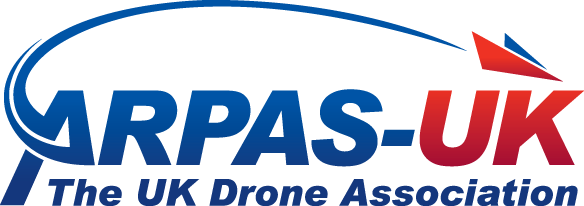Drones will be used to search for people lost at sea while cracking down on pollution from ships.
A network of small unmanned devices will eventually be stationed on the coastline to provide a rapid response unit that will be quicker and cheaper to deploy than helicopters.
The Maritime and Coastguard Agency (MCA) said a £1 million trial of the technology would be launched by the end of the year with a view to expanding its use early into the next decade.
As part of the trial drones would be expected to patrol an area up to 11 miles off the coast, focusing primarily on search and rescue and pollution control operations. The devices could be manually operated or run in automated mode, it said.
A document published by the agency said that other government departments may also use the technology, including Border Force. It suggests that drones could be used to spot boats being used to illegally carry migrants to the UK from France and Belgium.
The suggestion came as 37 migrants were intercepted off the south coast of England over the weekend. Three separate incidents were recorded, including one in which 20 people were found in a dinghy near Dungeness, Kent, on Saturday. A total of 966 people, including 89 children, are believed to have crossed the Channel in small boats in the past nine months.
However, the technology is likely to prove difficult to implement on a large scale because of the dangers of using drones beyond the line of sight of their human operator. It is against the law to fly drones out of sight in busy airspace shared by passenger planes and other aircraft.
The MCA has published a document inviting companies to tender for a £990,000 trial of drone technology. The contract will be awarded in October and a trial is expected to run until autumn next year.
The agency said that at least one drone would initially be employed, with the location of the trial yet to be decided. It said that a search area of up to 11.5 miles would be used, with drones expected to be able to remain in the skies for more than three hours. The government has set aside £18.3 million for the future deployment of drone technology around the coastline after the trial.
The MCA insisted that helicopters would be retained but using drones would “improve the speed of response, reduce costs and perform automated functions which would add to search coverage”. A spokeswoman said: “We see a role for drones in the work that we do. Our ambition is to unlock drones’ potential.”
Article by Graeme Paton for The Times
August 5th, 2019

